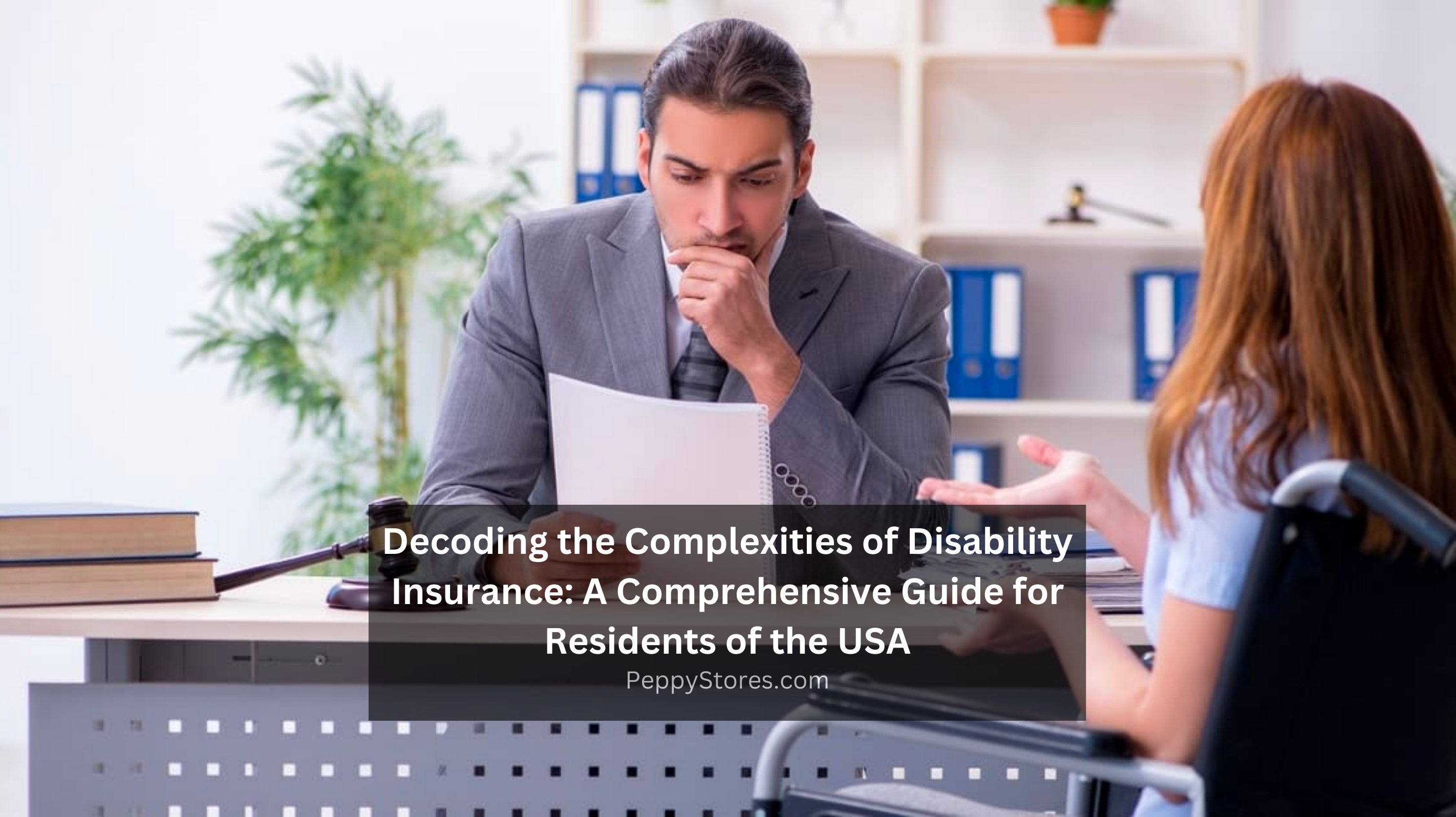Estate planning is a critical aspect of securing your family’s future and ensuring that your assets are distributed according to your wishes. For individuals living in the USA, understanding the fundamentals of estate planning is essential for making informed decisions that protect your loved ones and preserve your legacy. In this comprehensive guide, we’ll explore the key components of estate planning, from wills and trusts to the importance of powers of attorney and healthcare directives.
Understanding the Basics of Estate Planning:
Defining Estate Planning:
Estate planning is the process of arranging for the management and distribution of your assets upon your death or incapacitation. It involves making decisions about who will inherit your property, managing tax implications, and ensuring your healthcare preferences are known.
Key Components of Estate Planning:
Estate planning typically involves the following key components:
Wills: A legal document outlining how your assets will be distributed and who will care for minor children.
Trusts: Legal arrangements allowing a third party, the trustee, to hold assets on behalf of beneficiaries.
Powers of Attorney: Designating someone to make financial or healthcare decisions on your behalf if you become incapacitated.
Healthcare Directives: Outlining your medical treatment preferences in case you are unable to communicate.
Wills: The Cornerstone of Estate Planning:
Importance of a Will:
A will is a foundational document in estate planning. It allows you to specify how your assets will be distributed and who will be responsible for administering your estate. Without a will, state laws (intestacy laws) will determine the distribution of your assets.
Naming Beneficiaries:
In your will, clearly identify the beneficiaries who will inherit your assets. This can include family members, friends, charities, or other entities. Be specific in outlining the distribution of your property.
Appointing an Executor:
Designate an executor in your will—a person responsible for carrying out your wishes and managing the probate process. Choose someone trustworthy and organized, as their role involves administrative tasks, settling debts, and distributing assets.
Guardianship for Minor Children:
If you have minor children, your will is the place to name a guardian who will assume responsibility for their care in the event of your death. This decision is crucial for their well-being and should be made after careful consideration.
Updating Your Will:
Life circumstances change, and it’s essential to update your will accordingly. Major life events such as marriage, divorce, the birth of children, or changes in financial status may necessitate modifications to your estate plan.
Trusts: Enhancing Control and Flexibility:
Understanding Trusts:
Trusts offer a flexible and customizable way to manage and distribute assets. They can be established during your lifetime (living trusts) or through your will (testamentary trusts).
Revocable Living Trusts:
A revocable living trust allows you to maintain control over your assets during your lifetime. It becomes irrevocable upon your death, and the assets are then distributed according to your instructions.
Irrevocable Trusts:
Irrevocable trusts, once established, cannot be altered or revoked without the consent of the beneficiaries. They may offer certain tax advantages and asset protection.
Specialized Trusts:
There are various types of specialized trusts to address specific needs, such as:
Charitable Trusts: Support charitable causes while providing potential tax benefits.
Special Needs Trusts: Provide for the long-term care of individuals with special needs without jeopardizing their eligibility for government assistance.
Life Insurance Trusts: Own and manage life insurance policies for estate planning purposes.
Powers of Attorney: Managing Financial and Healthcare Decisions:
Financial Power of Attorney:
A financial power of attorney designates an agent to handle financial matters on your behalf if you become incapacitated. This includes managing bank accounts, paying bills, and making investment decisions.
Healthcare Power of Attorney:
A healthcare power of attorney designates an agent to make medical decisions on your behalf if you are unable to communicate. This document ensures that your healthcare preferences are respected.
Advance Healthcare Directives:
Also known as a living will, an advance healthcare directive outlines your preferences regarding medical treatments, end-of-life care, and organ donation. It guides healthcare providers and loved ones in making decisions aligned with your wishes.
Estate Tax Considerations:
Federal Estate Tax:
The federal estate tax is a tax on the transfer of a deceased person’s estate. As of the knowledge cutoff in 2022, the federal estate tax applies to estates exceeding $11.7 million per individual or $23.4 million for a married couple. Be aware of any changes to tax laws that may impact your estate planning.
State Estate Taxes:
Some states impose their own estate taxes with lower exemption thresholds. Understanding your state’s estate tax laws is crucial for effective estate planning.
Practical Steps for Estate Planning:
Inventory Your Assets:
Create a comprehensive list of your assets, including real estate, financial accounts, investments, life insurance policies, and personal property.
Consult with Professionals:
Seek guidance from professionals such as estate planning attorneys, financial planners, and tax advisors. They can provide personalized advice based on your unique circumstances.
Regularly Review and Update Your Plan:
Life is dynamic, and your estate plan should reflect changes in your family, finances, and goals. Regularly review and update your plan to ensure its relevance.
Communicate Your Wishes:
Clearly communicate your wishes to your loved ones and the individuals named in your estate plan. Open communication can help prevent misunderstandings and disputes.
Consider Digital Assets:
In the digital age, consider including provisions for your digital assets, such as online accounts, social media profiles, and cryptocurrencies, in your estate plan.
Common Mistakes to Avoid in Estate Planning:
Procrastination:
Delaying estate planning can lead to unintended consequences. Unexpected events can happen, and having a plan in place provides peace of mind.
Incomplete Planning:
Failing to address all aspects of your estate, including digital assets, can result in oversights. Comprehensive planning covers every detail to avoid complications.
Ignoring Changes in Laws:
Tax laws and regulations change over time. Regularly review your estate plan to ensure it aligns with the latest legal requirements.
Overlooking Beneficiary Designations:
Ensure that beneficiary designations on accounts, life insurance policies, and retirement plans are up to date and consistent with your overall estate plan.
Neglecting Family Dynamics:
Consider family dynamics and potential conflicts when making decisions about asset distribution and guardianship. Addressing these considerations can prevent disputes in the future.
Conclusion: Empowering Your Family’s Future Through Estate Planning
Estate planning is not just for the wealthy; it’s a vital tool for individuals at every stage of life. By taking proactive steps to plan for the future, you empower your family with the guidance they need during challenging times. Whether you’re in New York, California, or any other state in the USA, understanding the basics of estate planning and seeking professional advice ensures that your wishes are honored, your loved ones are protected, and your legacy endures. Start the estate planning process today to secure a future that reflects your values and priorities.




